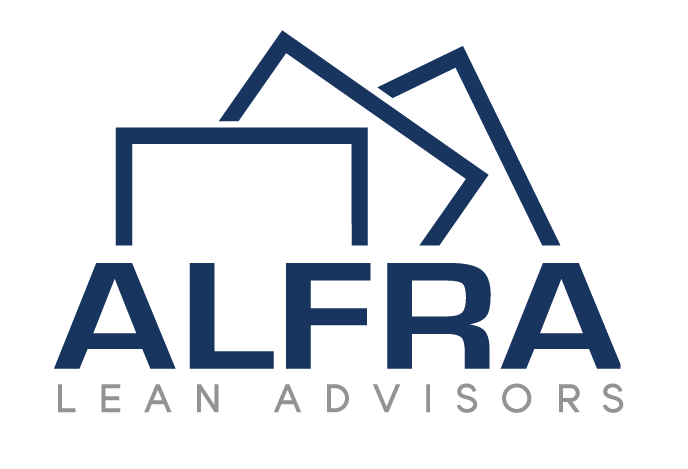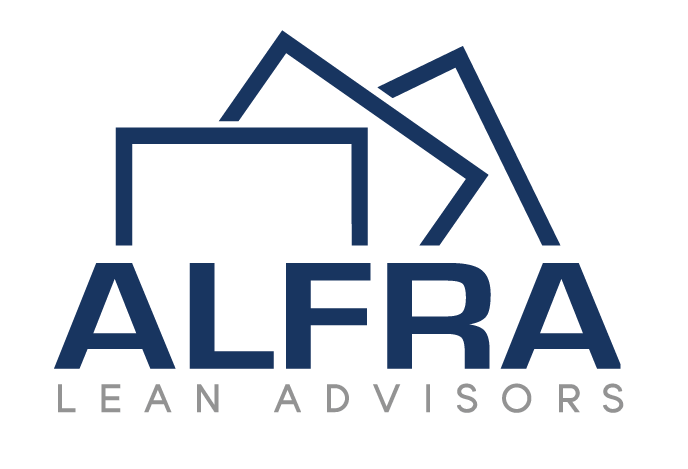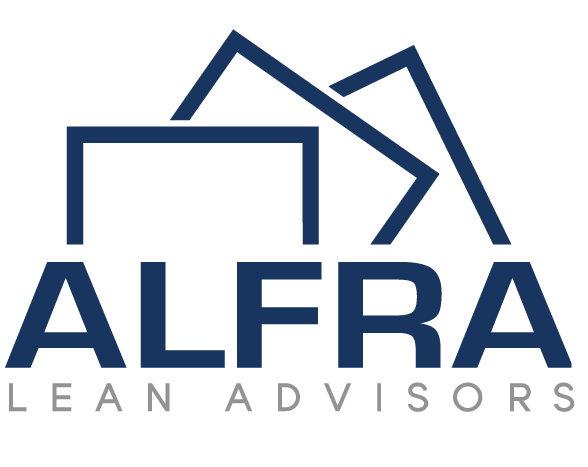What is Tiered Accountability or Daily Management?
It is a methodology to achieve daily adherence to standards, both in the functional offices and in the work areas.
Brief structured tiered meetings focused on performance with visual action assignments and follow-up to close gaps between actual results versus expected performance.
Tiered Accountability Process is composed of a series of daily meetings, from the frontline to high management level, that is a strong method to:
- Communicate in two directions, top and bottom, and align efforts;
- Create awareness of the objectives and deviations;
- Agree on daily major priorities and escalate the issues;
- Develop ownership on the teams;
- Engage everyone and get ideas for improvement in order to make continuous improvement an organizational habit.

What are the enablers of Daily Management?
Tiered Accountability is aligned with Visual Management and Leadership Standardized Work, to keep the organization focused on its goals.
The main enablers are:
- optimal team size and span of control for team leaders,
- relevant KPIs (Key Performance Indicators),
- standard work and leadership standard work,
- visual controls and escalation system,
- participant’s competence with rapid problem solving,
- coaching performed by leaders,
- continuous improvement/ kaizen process.
- the 2-way assertive communication
What is a Huddle Board in Tier Meeting?
A huddle board (or dashboard) is a standardized visual tool designed to support teams to collaborate on and visualize all the tasks needed to manage daily work.
On the huddle board, there are dedicated areas to display information about the evolution of metrics (SQDCI) and other important topics (for example the number of kaizen idea and their status).
It is recommended to encourage the use of simple methods (handwritten) to update the results, record the proposed action, and update the status.
Of course, when digitization is possible and desired, you can use the electronic display or other techniques.
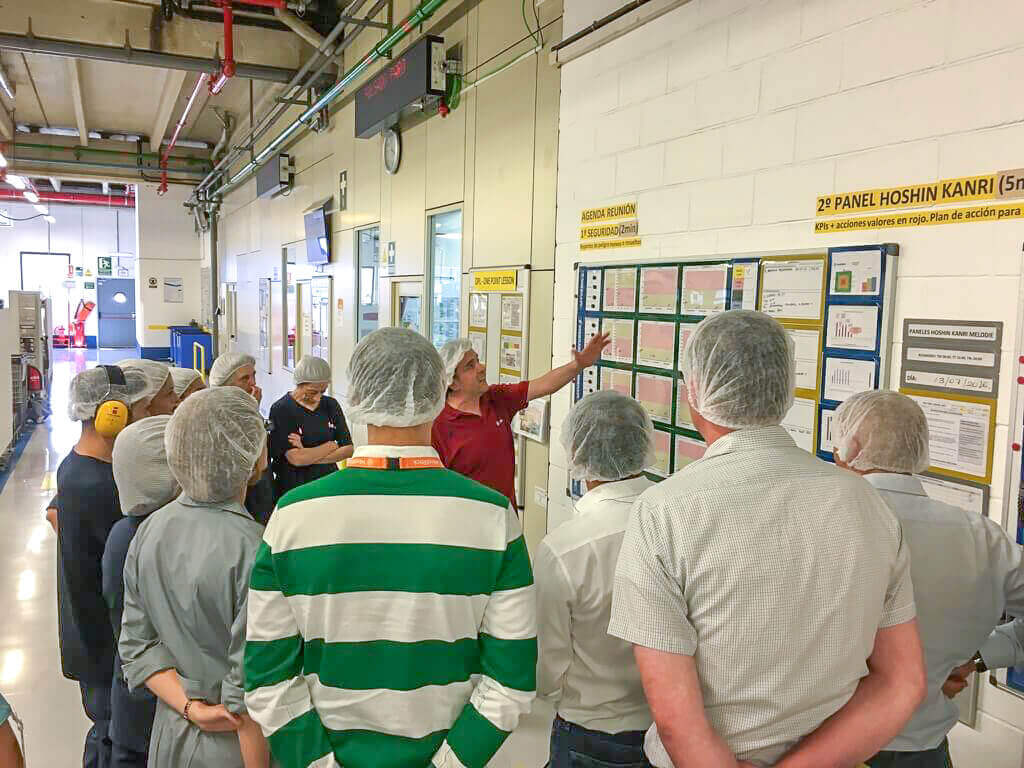
What are the characteristics of an efficient Daily Management?
Sustainable and robust performance can be achieved by a systemic approach and leadership commitment to continuous improvement every single day. In this respect daily management is a strong lever that requires certain conditions:
- Define a clear agenda with key metrics review: safety, quality, production/ delivery, cost, inventory.
- Respect the scheduled timing; not more than 20 minutes/ meeting is strongly recommended.
- Nominate the meeting leader who shall be responsible for the smooth running of the meeting.
- Allocate 10-15 minutes before meeting to prepare it (update dashboard with KPI results and relevant facts) and after meeting, to collect and communicate the outputs, including escalations.
- Team size is important to allow interaction with all participants, listening to the discussions, and good visibility of the dashboard.
- Meeting leader to use coaching tools when suitable.
- Each time give feedback for any issues highlighted during meetings.
- Never blame people during meetings or push back when somebody wants to escalate a problem.
- Tiered meetings are not the place to analyze and solve issues but to decide on a first action (e.g. identify responsible for that issue or a countermeasure).
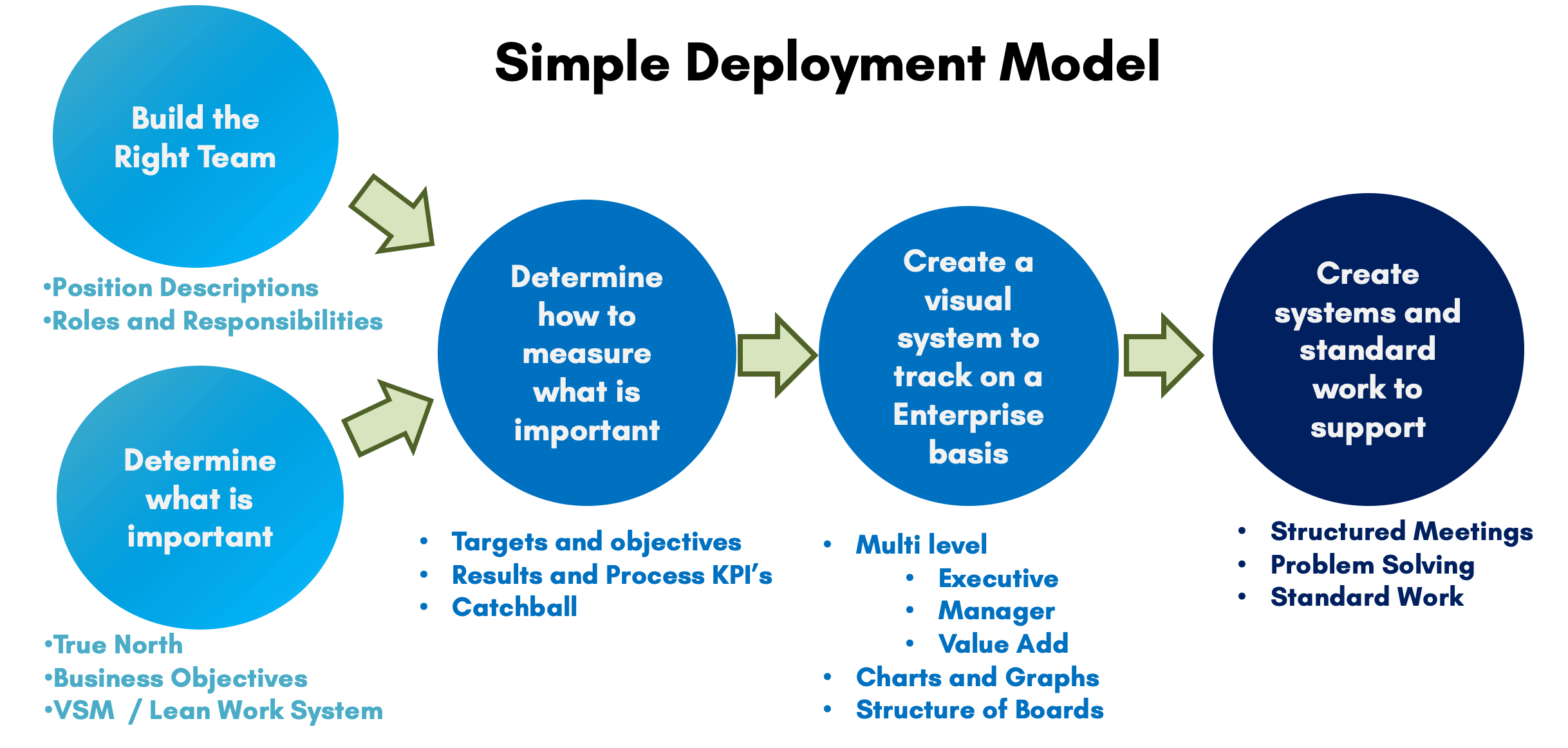
How is structured the Tiered Accountability Process (example for a complex organization)
Tier 1: Start at the beginning of each shift under team leader responsibility. Focus on daily priorities, safety, and quality issues and how could be solved and the process can be improved.
Tier 2: The team leaders from each tier 1 meeting gather and bring any escalated issues. Representatives from the relevant support functions are present.
Tier 3: These meetings are specifically for support functions (maintenance, logistic, quality, manufacturing engineering, etc.) and are under the responsibility of each department leader.
Tier 4: The site leader gathers all leadership and discusses daily priorities and performance status, respecting the same principles of tiered accountability meetings.
Tier 5, 6…: Depending on the size and complexity of the company, a similar daily management approach could be implemented at the upper levels of an organization chart.
Conclusion: Why is Daily Management so important?
For any performing lean company, daily management is a critical point, so starting from here you can measure the level of organizational maturity and employee involvement to achieve the company’s goals.
The concept of tier meetings is a collaborative method of generating the topics and structure in order to facilitate more engaged and directed conversation. The process is simple: gather topics from all participants and review the daily performances.
By implementing a robust Tiered Accountability Process it will maintain and strengthen employee focus on process outcomes, align teams and escalate issues when needed, identify opportunities for improvement, drive sustainable change, and achieve business objectives.
